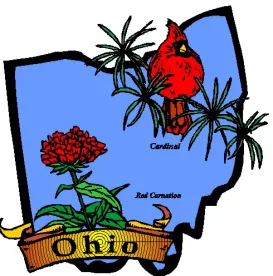On July 14, 2020, Ohio Governor Mike DeWine signed Senate Bill 4 (SB 4) into law, which, among other things, authorizes municipalities and townships (but not counties) to temporarily divert a portion of tax increment financing (TIF) service payments to fund certain public safety and road and bridge maintenance expenses (the “Expanded Purposes”) through the end of fiscal year 2021. TIF service payments are derived from the increase in the value of improvements constructed within TIF areas, providing municipalities and townships with a stream of revenues to fund related public infrastructure projects.
For fiscal year 2020, up to 25 percent of the balance of unencumbered TIF service payments on hand on October 13, 2020 (the effective date of SB 4), plus 25 percent of additional collections received during the remainder of the fiscal year, may be diverted to the Expanded Purposes. The diversion for fiscal year 2021 may be up to 25 percent of the unencumbered balance on hand on the first day of that fiscal year, plus 25 percent of additional collections during the fiscal year. However, subdivisions may not divert service payments to the Expanded Purposes if those expenses are eligible to be funded with federal Coronavirus Aid, Relief and Economic Security (CARES) Act funding, such as unbudgeted expenses directly related to the COVID-19 pandemic. This restriction applies both when the subdivision receives those funds directly from the federal government and when those federal funds are distributed to the subdivision by the state.
In addition, subdivisions are required to reimburse diverted funds, but only to the extent that a subdivision receives federal funds (not local funds) that may be used to pay such expenses before the expiration of the TIF exemption. In other words, a subdivision may not be required to replenish diverted funds if federal funds for public safety and/or road and bridge maintenance are not received before the term of the TIF exemption expires.




 />i
/>i

